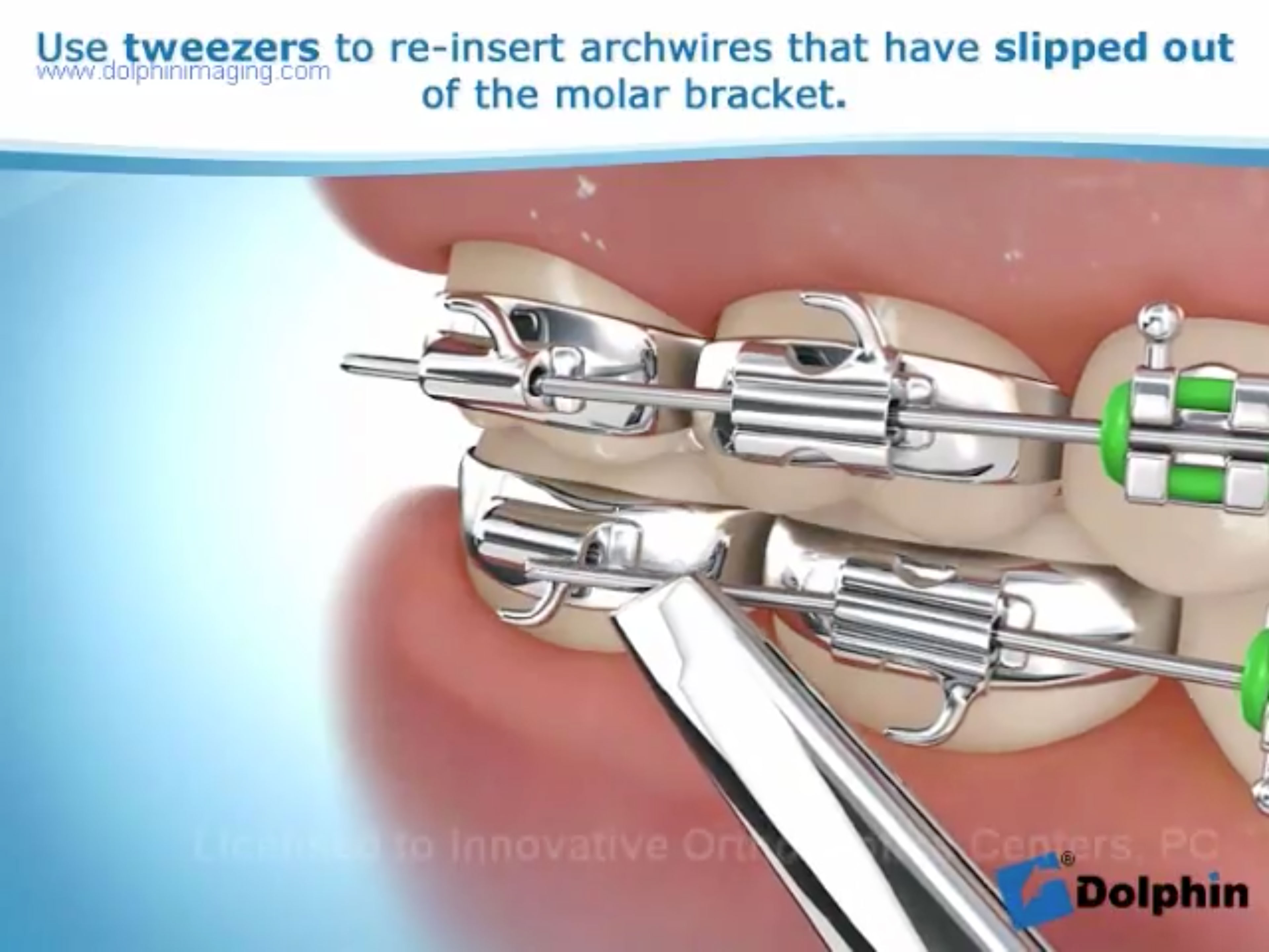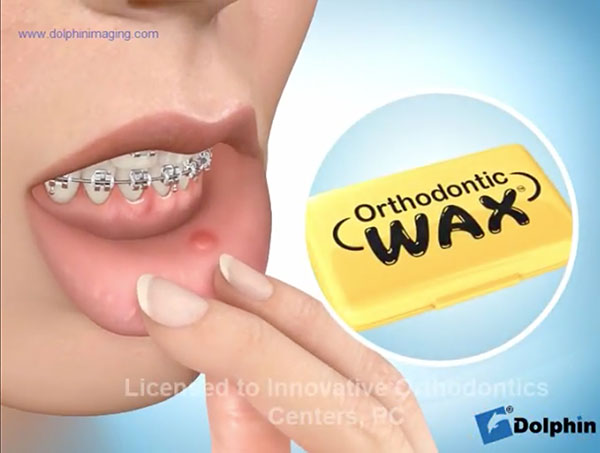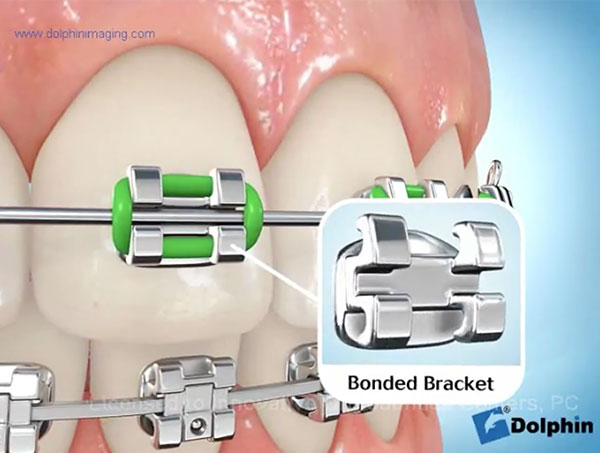True orthodontic emergencies are incredibly rare but if they do occur, we’re always here to help. As a general rule, you should call our office if you experience severe pain or have a painful appliance problem that you’re unable to take care of yourself. We’ll schedule you for an appointment as soon as possible to resolve it.
While serious issues are unlikely, sometimes minor problems or discomfort can crop up. You might be surprised to learn that you can temporarily deal with many of these mishaps yourself until you’re able to get in to see us.
We’ll walk you through how to handle common braces emergencies at home, as well as give you a list of supplies. If you have questions or our tips don’t seem to work, contact us and a team member will give you advice or schedule you for a repair appointment.
Poking Wires
Occasionally, metal wires are used to tie the archwire to the brackets or bands. Sometimes, during eating or brushing, this metal wire tie can accidentally be redirected and start to cause irritation to your lips or cheeks.
You can try to push the pokey wire back into place using the eraser end of a pencil. You can also use this trick for long wires in the back to help tuck them behind your bracket for comfort. If that’s not possible, place wax on the area that’s poking to tide you over until you can be seen at our office.
If the wax doesn’t stay, use the eraser end of a pencil again to tuck the wire behind the main archwire, which will make it more comfortable for your lips and cheeks. Only do this for softer, thinner wires that can be bent around; some thicker wires will not allow you to push them or bend them.
During treatment, flexible wires may slip out of the bracket slots of the back teeth. This can be avoided by eating the foods recommended by your orthodontist. If the wire comes out of the tube, try to place the wire back in the tube using sterilized tweezers. Then, break out your trusty wax, cover the loose wire with it and call our office.
Poking Molar Bracket Hooks
If the hooks on a molar bracket are poking you, warm up a bit of wax between your fingers and then place it over the hook. Use a warm salt water rinse two to three times per day.
Rubber Band Discomfort
Your teeth will be sore for about three to four days when you first start wearing rubber bands. Once your teeth begin to move, the soreness will go away. Keep wearing your rubber bands during this initial period of discomfort. You can take over-the-counter pain relievers if necessary.
If you’re not sure of how your rubber bands are supposed to be worn, don’t use them. Call our office during regular business hours and we’ll give you instructions for wearing them.
Sores
When you first get braces or an appliance, sore spots may develop. Don’t worry, your mouth will toughen up and they will disappear. You can put wax on the bracket, wire or piece of appliance that’s rubbing your cheek until it heals. We also recommend rinsing four times a day with Peroxyl or a warm salt water solution.
Broken Lacing
If a broken lace is jabbing you in the lips, tuck the poking part away from the lip if the lace is under the wire. If the lace is on top of the wire, remove the broken lace.

Loose/Broken Bracket or Band
A broken bracket is one of the most common braces emergencies.
There are a few different things that can cause a loose or broken bracket, including eating foods that are very hard, such as bagels, pizza crust and raw apples. Be gentle on those braces! Slice apples and only eat bagels that are fresh and be sure to break them into bite-size pieces.
A broken braces bracket usually doesn’t require an “emergency” appointment but give us a call and let us know about it. If there is any discomfort, we’ll schedule you for a visit.
There’s no need to panic if a bracket or band comes loose. Cover it with wax if it’s irritating you. If a bracket comes off the wire completely, put it in an envelope and bring it with you to your next appointment. Don’t connect rubber bands to a loose bracket or band.
Sore Teeth and Jaws
You should never feel significant braces pain, but after a wire adjustment or at the start of treatment, your teeth and jaws might be a little sensitive.
Rinse your mouth with salt water as needed. You can also take an over-the-counter pain reliever. The soreness will go away in a few days.
Swollen Gums
It’s super important to keep your teeth and gums free of plaque and food debris during orthodontic treatment. You’ll also need to see your family dentist for regular dental checkups and cleanings.
Poor oral hygiene can result in swollen and bleeding gums. If this happens, contact your dentist. While you’re waiting to be seen, gentle and thorough brushing and rinsing with warm salt water and mouthwash will help temporarily.
You can also try to use dental floss to check the swollen area to see if food debris is trapped under a band or bracket. Orthodontic tooth movement may also be a cause of swollen gums.






